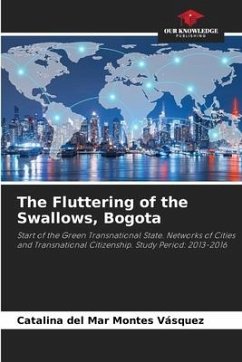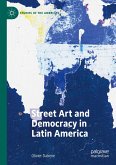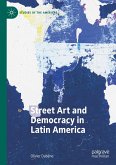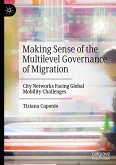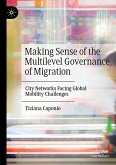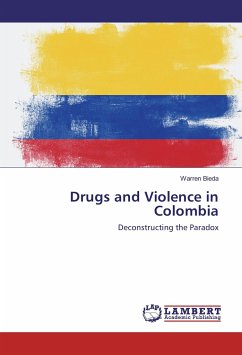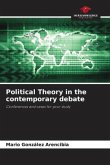Traditionally, international relations are thought of as a dynamic led by national governments, but the population growth of cities has modified this behavior, as there are now local governments that must plan and execute as national governments. This research opens the door to two topics that do not belong to the main guidelines of international relations: first, city diplomacy visible in the dynamics of city networks, and second, the interpretation of environmental risk in terms of solutions. Both, visible in the performance carried out by the government of the city of Bogota during the period 2013 -2016, which due to the characteristics of its territory, developed its performance in environmental matters enough to make its way and become a relevant actor within the construction of global environmental governance. Thus, a micro actor that changed the performance of the macrostructure due to the implementation of South-South and triangular cooperation, which is a legacy that remains to this day in the development of network cooperation.
Bitte wählen Sie Ihr Anliegen aus.
Rechnungen
Retourenschein anfordern
Bestellstatus
Storno

